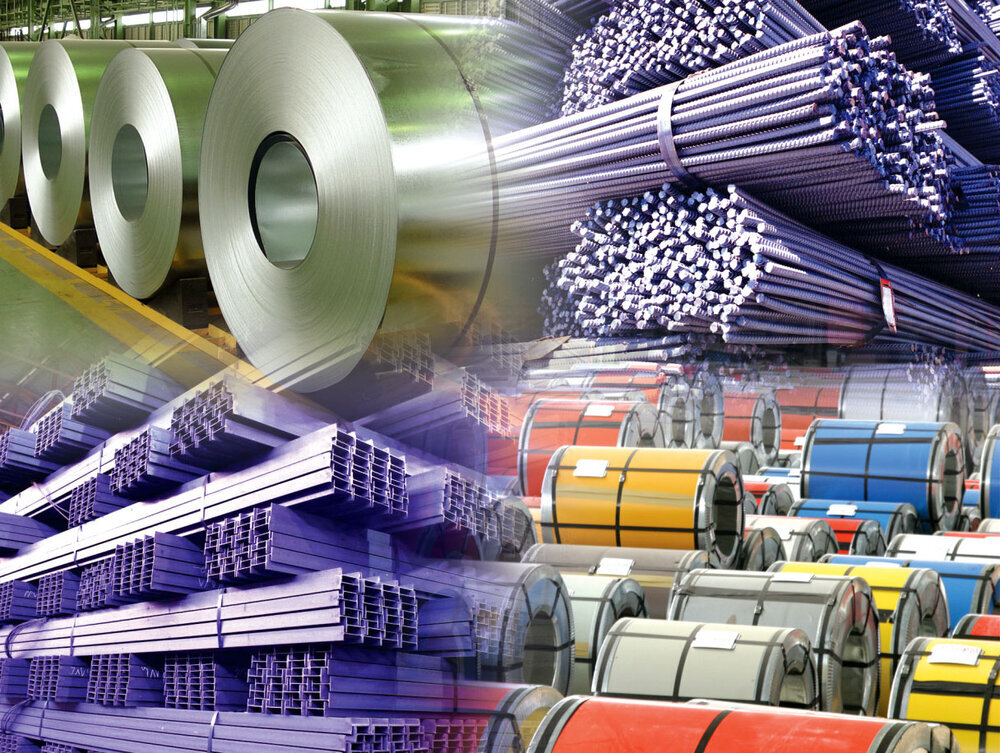The UK has placed a 25% safeguard tariff on some steel construction products sold into Northern Ireland, HM Revenue and Customs informed industry players over Aug. 24-25.
The tariff affects construction steels, such as beams and reinforcing bar, and has come into effect after import quotas of the product to the European Union were filled.
As part of the Brexit trade agreement’s Northern Ireland Protocol, all goods going to Northern Ireland are subject to EU tariffs if they are “at risk” of making their way into the EU, and any goods subject to EU trade safeguards are automatically considered in this category.
The news was opposed by industry association UK Steel, with Director General Gareth Stace saying in a statement emailed to S&P Global Commodity Insights Aug. 25 that it was “beyond farcical that UK producers are now prevented by these tariffs from selling goods to customers in their own country.”
At the same time, EU steel producers could continue to export the same goods tariff-free throughout the UK, something that was not allowed in the opposite direction. Stace said.
“Consequently, much steel that would have been supplied from UK steel producers will now have to come from the EU,” he said. “At a time of looming recession, this is surely madness.”
Stace said that the UK government had been aware of the possibility of this issue since the start of 2021 and had kept it at bay until now with a makeshift solution.
However, the temporary workaround was no longer workable for some constructional steels due to recent changes to the EU’s steel safeguards.
In June, the EC released official definitive plans to introduce global quotas for some products, including product category 17 — including angles, shapes and sections — and continue steel safeguard measures to 2024.
“It is essential that the government acts immediately to suspend these tariffs and gets round the table with the EU to implement a lasting and workable solution.” Stace said.
In an emailed statement to S&P Global, a British Steel spokesperson said Aug. 25 that it was “staggering” that UK steelmakers had to pay tariffs of 25% to move steel between two locations in the UK.
“Brexit was supposed to give us new freedoms and enable us to better protect UK businesses, allowing companies like ours to flourish in a new trading environment,” he said.
“The UK government has long been aware of our position on this matter and the detrimental impact it will have on our business. We urge it to act now and resolve this critical issue,” the spokesperson added.
Tata Steel UK and Liberty Steel UK declined to comment on the tariff, however, the latter’s sales to Northern Ireland are limited.
The UK steel sector produces 7.2 million mt/year of crude steel, around 70% of the UK’s annual requirement.
Platts assessed the weekly UK hot-rolled coil price at GBP695/mt DDP West Midlands Aug. 19, down 16.3% from the start of 2022.
— Jacqueline Holman






